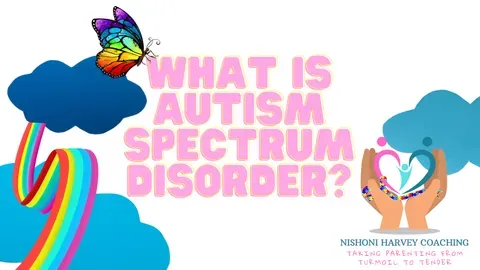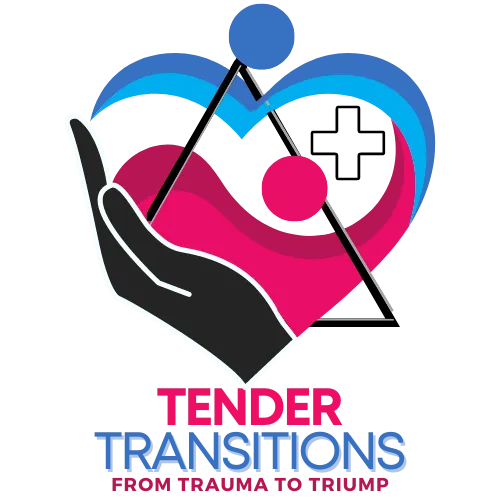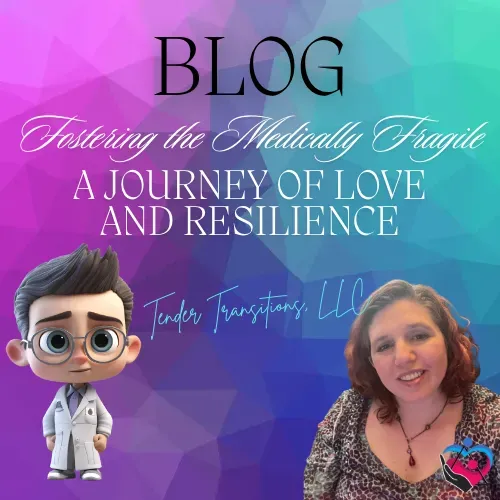What Is Autism Spectrum Disorder?

ASD DEFINED
Autism Spectrum Disorder is commonly known as ASD. It is a neurodevelopmental disorder that affects a person's social interaction, communication, and behavior. ASD is a complex condition that affects people differently, with some experiencing mild symptoms while others are severely impacted. In America, an estimated 1 in 54 children are diagnosed with ASD, and it occurs more frequently in boys than girls.
ASD can be challenging for the diagnosed and their family. However, early diagnosis and treatment can drastically help to improve quality of life. In this article, we'll explore the characteristics, types, causes, diagnosis, treatment, and impact of Autism Spectrum Disorder.
Characteristics of Autism Spectrum Disorder
ASD is characterized by a range of symptoms that affect a person's social interaction, communication, and behavior. These symptoms usually appear during early childhood and can be identified by parents, caregivers, and medical professionals.
The following are some of the common characteristics of ASD:
- Social Interaction: People with ASD may have difficulty with social interaction, including making eye contact, understanding social cues, and engaging in social situations. They may prefer to be alone and struggle to develop friendships and relationships.
- Communication: People with ASD may have difficulty with communication, including understanding language, nonverbal communication, and expressing their feelings and needs. with ASD may have delayed speech or no speech at all.
- Behavior: People with ASD may have repetitive behaviors and routines, such as lining up objects, flapping their hands, or repeating phrases. They may also have intense interests in specific topics or objects and may become upset if their routines are disrupted.
MORE INFORMATION ON THE CHARACTERISTICS OF AUTISM SPECTRUM DISORDER
Types of Autism Spectrum Disorder
ASD is a spectrum disorder, which means it affects people differently, and symptoms can range from mild to severe.
The following are the three types of ASD:
- Autistic Disorder: This is the most severe type of ASD, and people with this condition have significant social, communication, and behavioral challenges. They may have delayed speech or no speech at all, and they may engage in repetitive behaviors and routines.
- Asperger's Syndrome: This type of ASD is considered a milder form of the condition, and people with Asperger's Syndrome have average or above-average intelligence. They may have difficulty with social interaction and communication, but they can develop language skills and may excel in specific areas of interest.
- Pervasive Developmental Disorder-Not Otherwise Specified (PDD-NOS): This type of ASD is used to describe people who have some but not all of the symptoms of autism or who do not fit into the other categories. People with PDD may have difficulty with social interaction, communication, and behavior but do not meet the criteria for Autistic Disorder or Asperger's Syndrome.
MORE INFORMATION ON THE TYPES OF AUTISM SPECTRUM DISORDER
Causes of Autism Spectrum Disorder
The exact causes of ASD are unknown, but researchers believe that a combination of genetic and environmental factors may play a role.
The following are some of the factors that may increase the risk of developing ASD:
- Genetics: ASD tends to run in families, and researchers have identified several genes that may contribute to the development of the condition. However, no single gene has been identified as the cause of ASD.
- Environmental Factors: Exposure to certain environmental factors, such as pollution, toxins, and viruses, during pregnancy or early childhood, may increase the risk of developing ASD. However, the research on this is inconclusive and requires further investigation.
MORE INFORMATION ON CAUSES OF AUTISM SPECTRUM DISORDER
Diagnosis of Autism Spectrum Disorder
Diagnosing ASD can be challenging, and there is no definitive test or assessment that can diagnose the condition. Medical professionals use a combination of tools and assessments to evaluate a person's behavior, communication, and developmental milestones.
The following are some of the assessments used to diagnose ASD:
- Developmental Screening: This is a simple test that is used to identify children who may have developmental delays. It involves a series of questions and observations about a child's behavior and development.
- Diagnostic Evaluation: A diagnostic evaluation is a more comprehensive assessment that involves a team of medical professionals, including a pediatrician, psychologist, and speech therapist. They will evaluate a person's behavior, communication, and developmental milestones to determine if they have ASD.
LEARN HOW AUTISM SPECTRUM DISORDER IS DIAGNOSED!
Treatment for Autism Spectrum Disorder
There is no cure for ASD, but early intervention and treatment can help improve a person's quality of life.
The following are some of the treatment options for ASD:
- Behavioral Therapy: Behavioral therapy is a type of therapy that focuses on changing a person's behavior and teaching them new skills. It can be effective in treating some of the symptoms of ASD, such as repetitive behaviors and social interaction.
- Speech Therapy: Speech therapy is a type of therapy that focuses on improving a person's communication skills. It can be effective in treating some of the symptoms of ASD, such as delayed speech or no speech at all.
- Medication: Medications can be used to treat some of the symptoms of ASD, such as anxiety, depression, and hyperactivity. However, they should only be used under the guidance of a medical professional.
MORE INFORMATION ON THE TREATMENT OF AUTISM SPECTRUM DISORDER
Support for Individuals with Autism Spectrum Disorder
People with ASD and their families may require support and resources to help them manage the challenges of the condition.
The following are some of the support options available:
- Therapy Groups: Therapy groups can provide a safe and supportive environment for people with ASD to connect with others and learn new skills.
- Support Groups: Support groups can provide emotional support and guidance for families and caregivers of people with ASD.
- Community Programs: Community programs, such as recreational activities and vocational training, can provide opportunities for people with ASD to develop new skills and interests.
MORE INFORMATION ON SUPPORT FOR INDIVIDUALS WITH ASD
Impact of Autism Spectrum Disorder on Families
ASD can have a significant impact on families. These include emotional, financial, and social challenges. Families may require support and resources to help them manage the challenges of the condition.
The following are the ways ASD can impact families:
- Emotional Impact: Families may experience a range of emotions, including sadness, frustration, and anxiety, as they navigate the challenges of ASD.
- Financial Impact: Families may incur significant expenses related to the treatment and support of a family member with ASD, including therapy, medication, and special education.
- Social Impact: Families may experience social isolation and stigma related to the condition, which can impact their relationships and community involvement.
MORE INFORMATION ON THE IMPACT OF AUTISM SPECTRUM DISORDER
Conclusion
ASD is a complex condition that affects a person's social interaction, communication, and behavior. It is a spectrum disorder, and symptoms can range from mild to severe. While there is no cure for ASD, early intervention and treatment can help improve a person's quality of life. People with ASD and their families may require support and resources to help them manage the challenges of the condition. It is important to raise awareness and understanding of ASD to ensure that people with the condition receive the support and resources they need.
SCHEDULE A FREE AUTISM PARENTING COACHING CALL WITH AUTISM PARENTING COACH, NISHONI HARVEY, TODAY!

